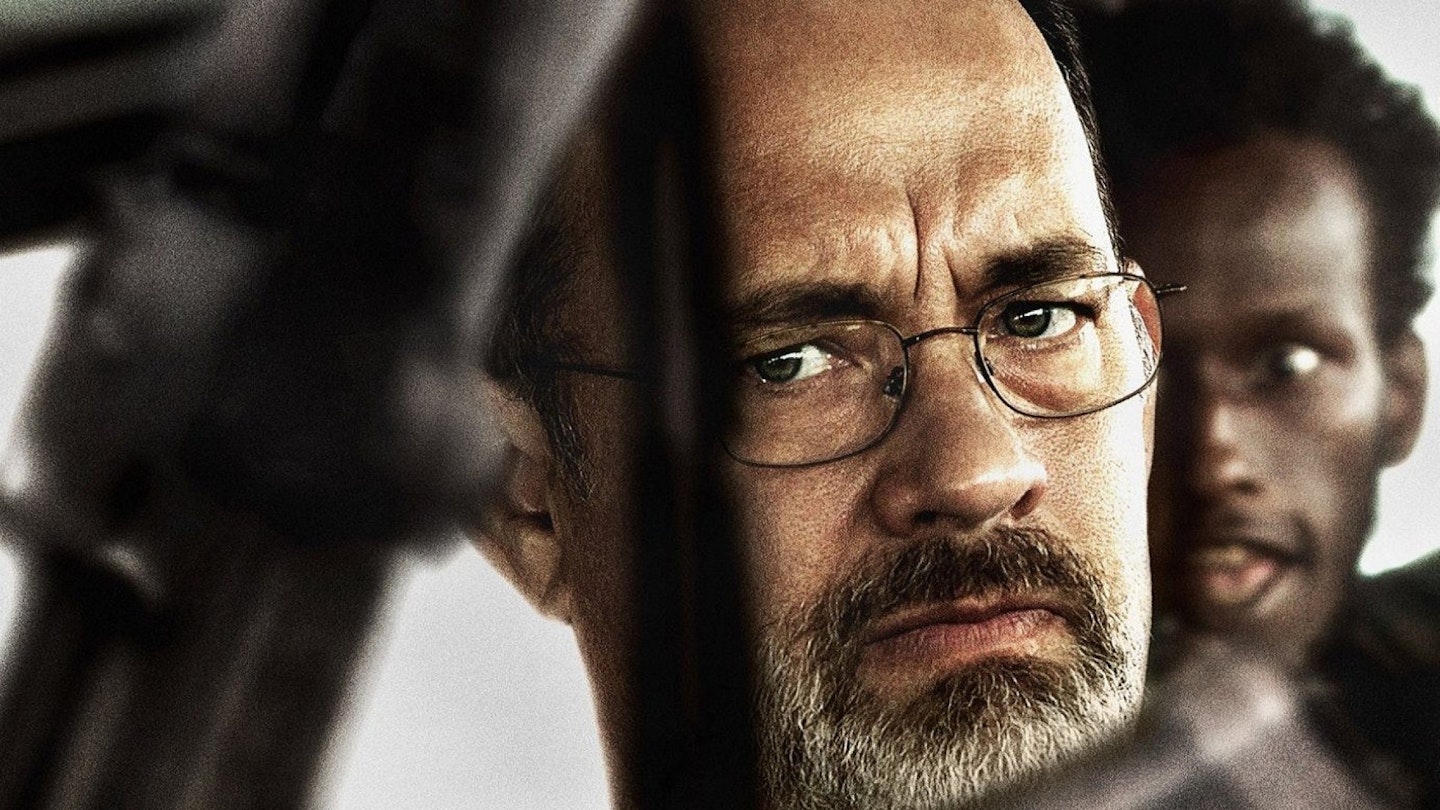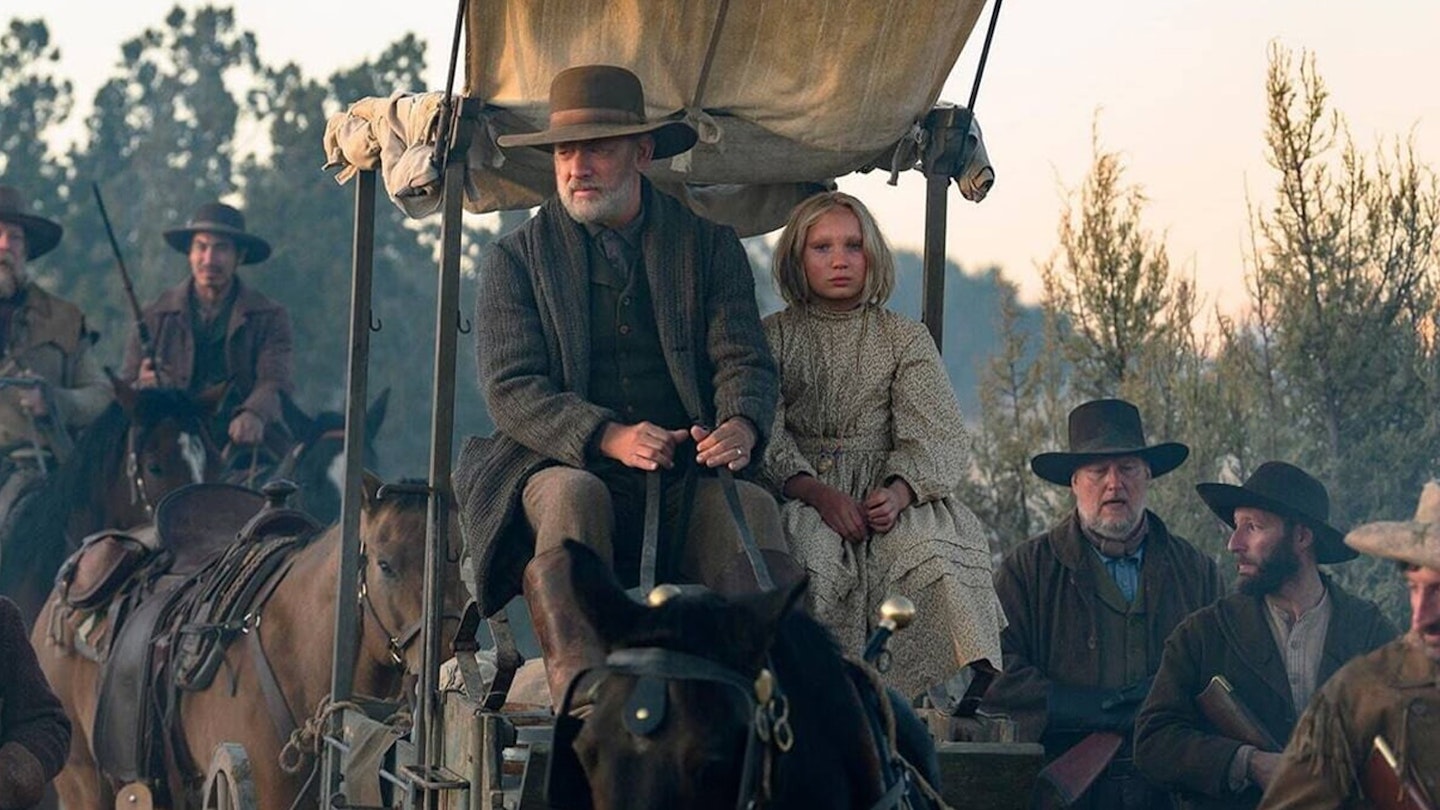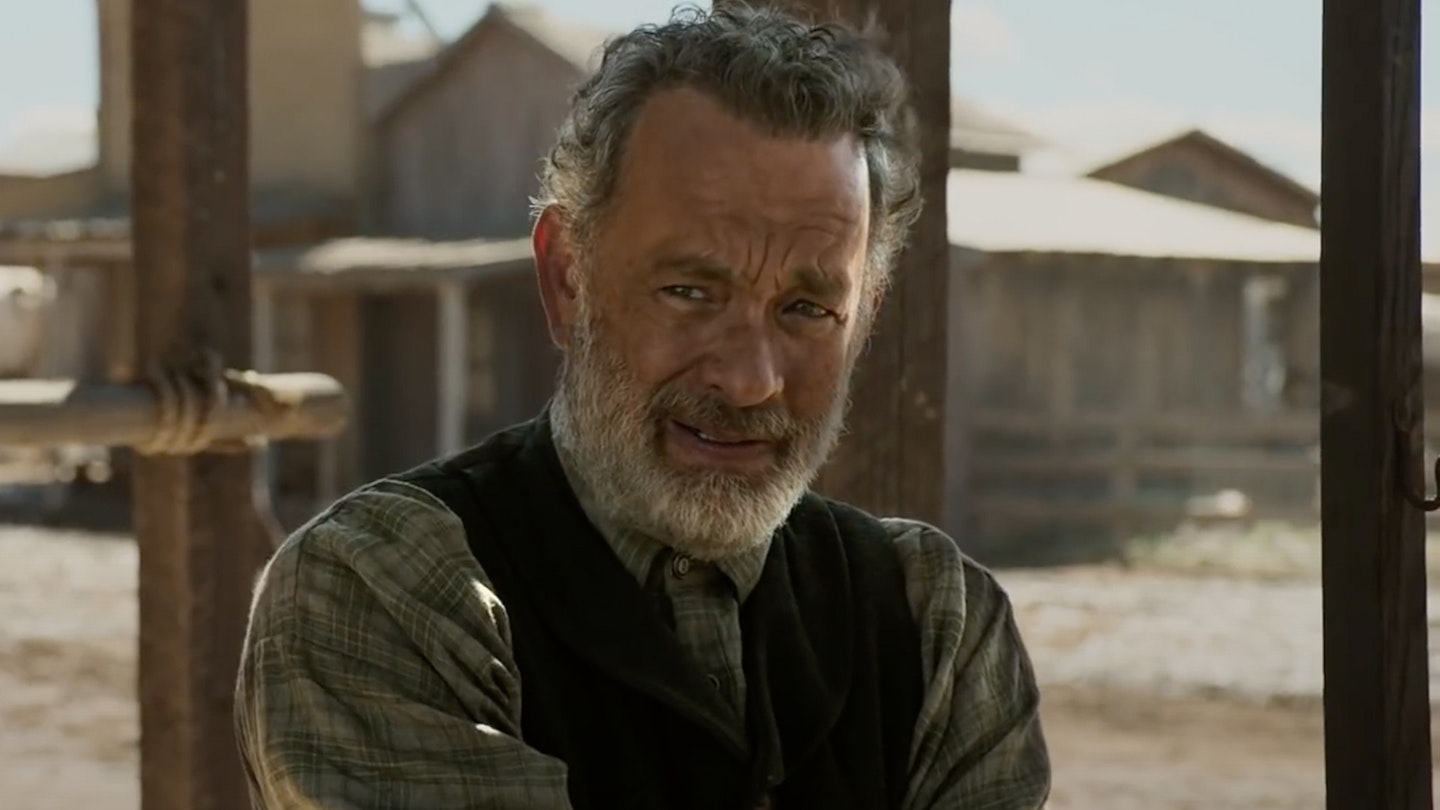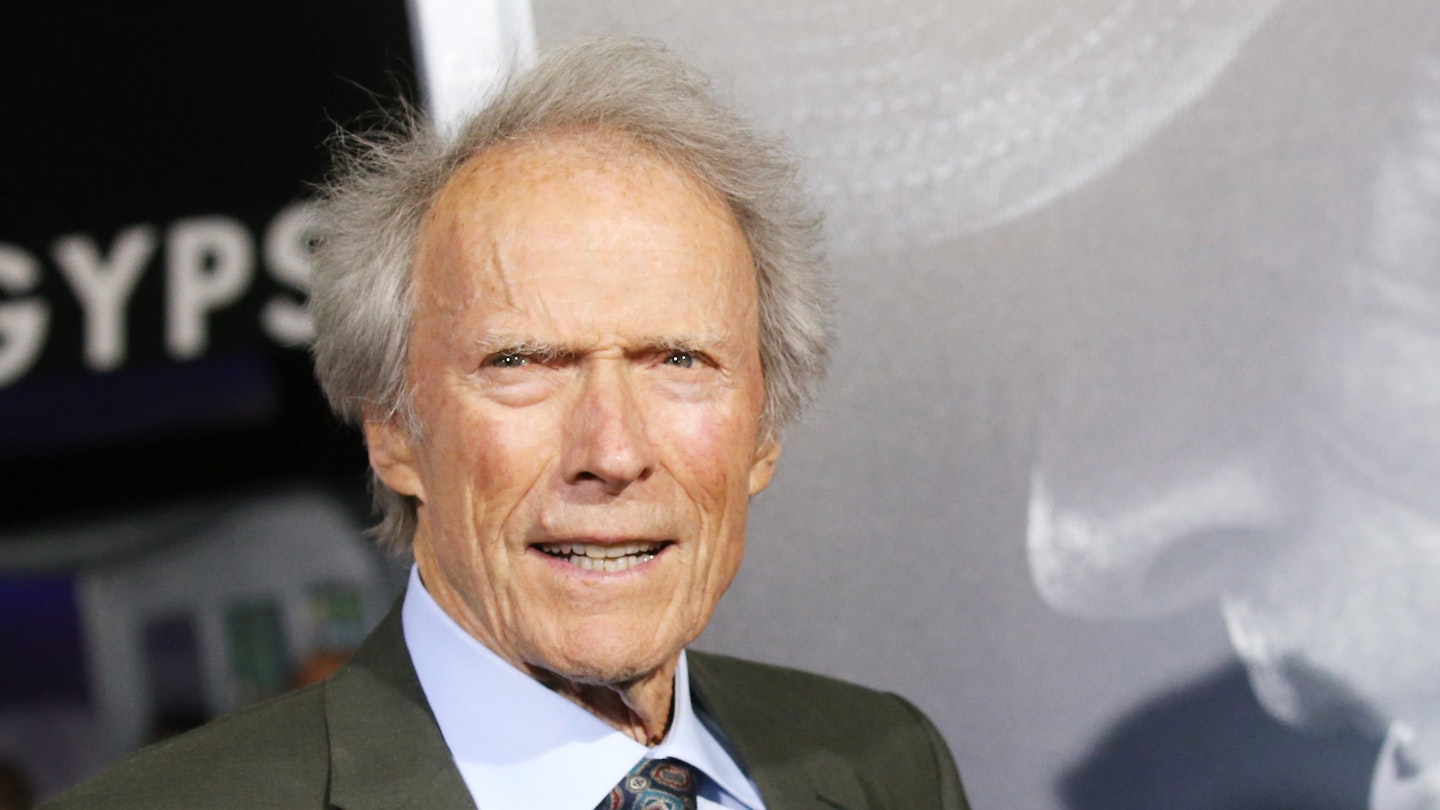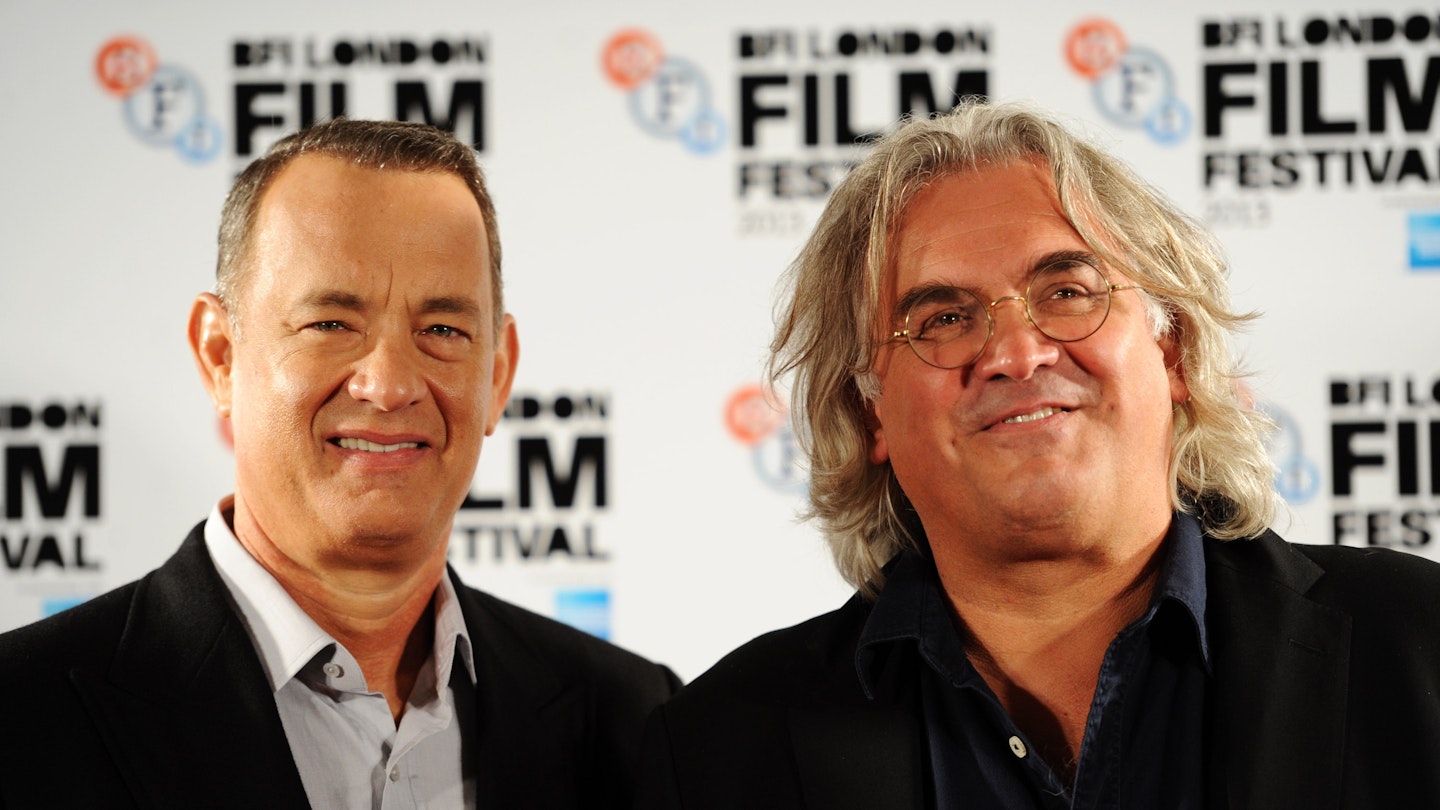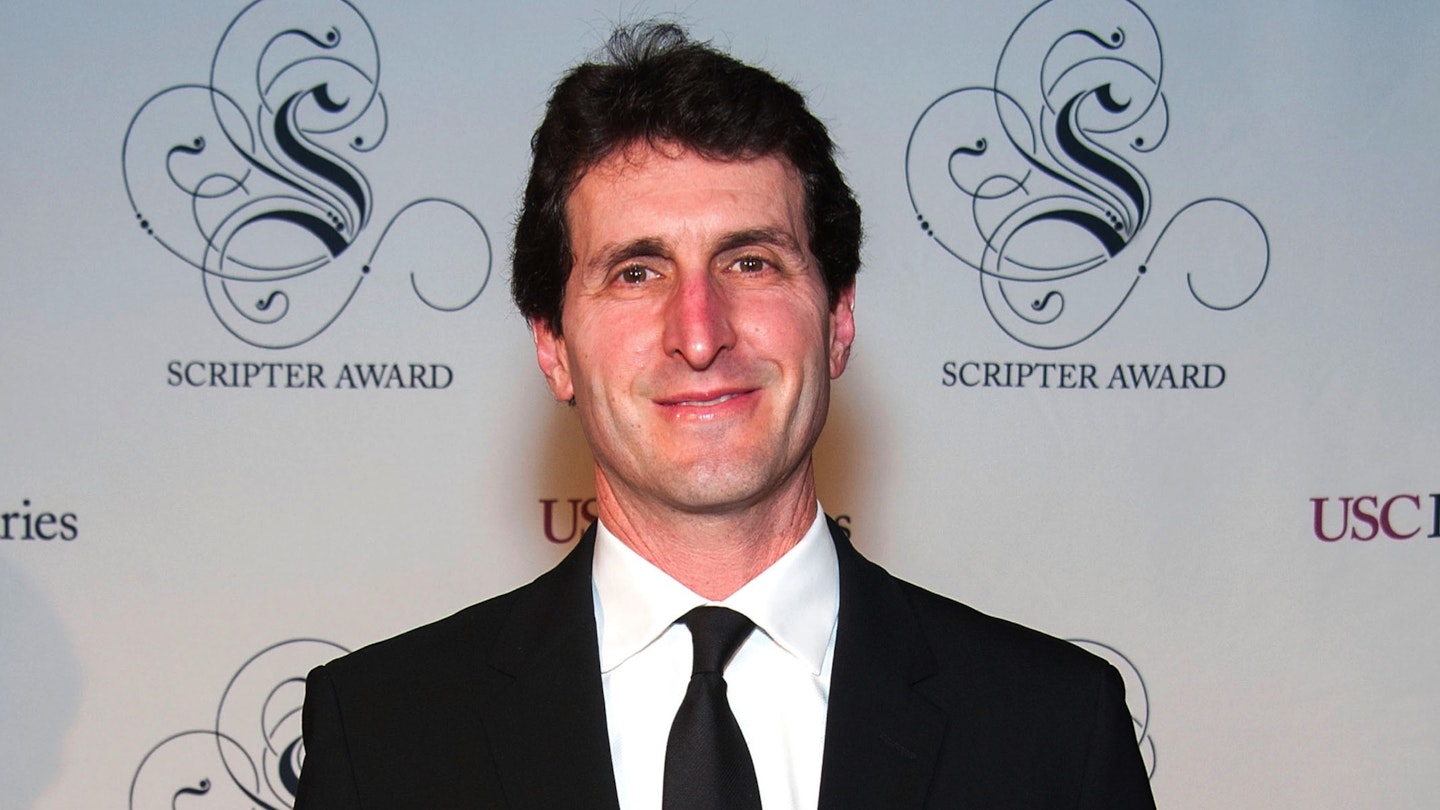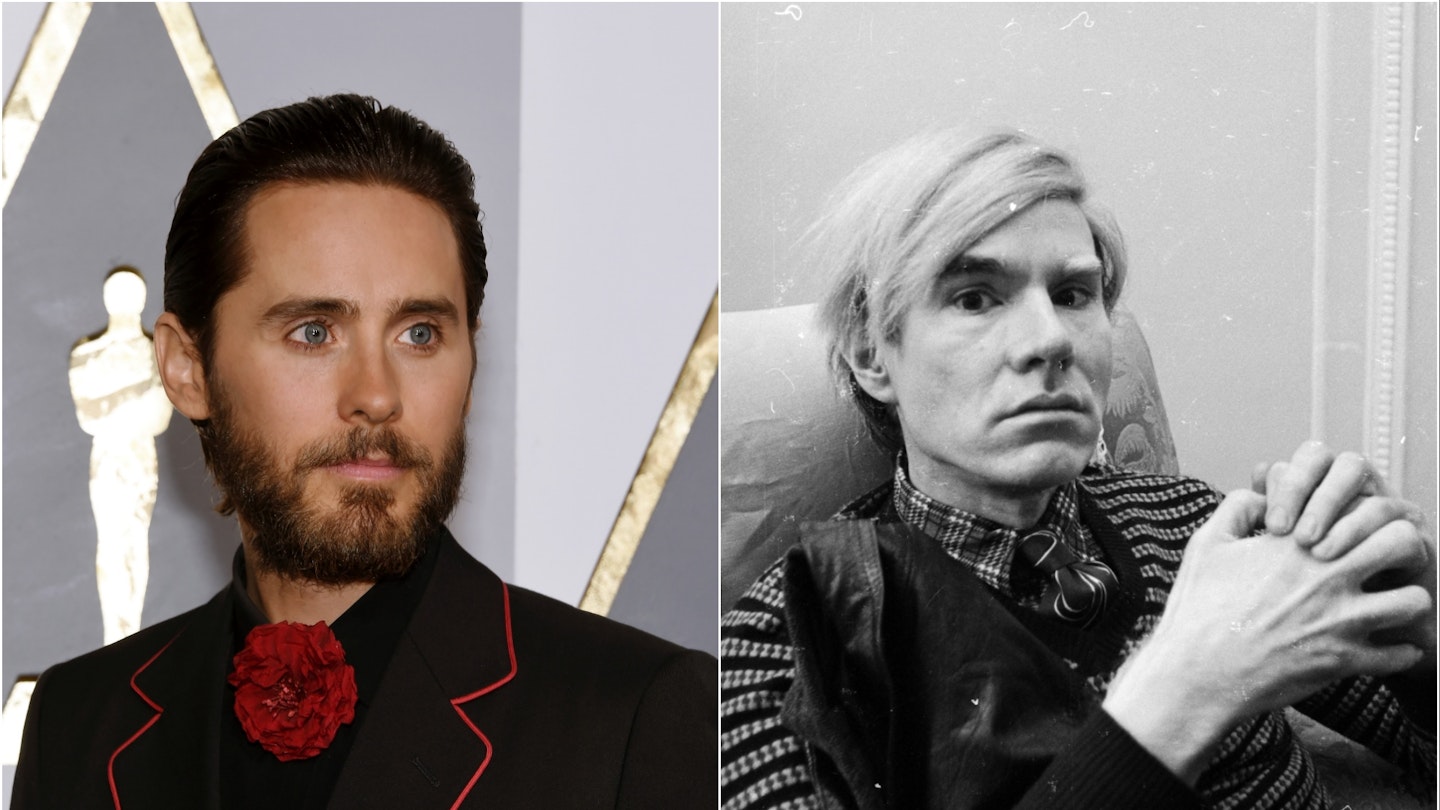“Everything is going to okay.” You’ll hear that line, or subtle variations thereof, repeated many times during Captain Phillips. It’s an unsettling and ironic mantra and, given it’s spoken by a Somali pirate, also the hollowest of reassurances. And yet, crucially, it never plays as a veiled threat. Partly this is due to an impressive performance by first-time Somali actor Barkhad Abdi, as pirate lieutenant Muse. But also due to a level of emotional (and political) complexity we should have come to expect from both writer Billy Ray (Shattered Glass, Breach) and director Paul Greengrass. If you came here for a ‘Go America!’ tale of bright Yankee perseverance amid dire straits and dark intentions far overseas, you got off at the wrong port. This is a tale less of heroism-versus-villainy than different shades of victimhood.
As you’d expect, on the Greengrass spectrum Captain Phillips is closer to United 93 than The Bourne Ultimatum: based on recent true events, with an even-handed, detail-heavy procedural approach that in no way constrains psychological and emotional exploration. It provides a kind of comfort zone for Greengrass, but this is clearly where he does his best work, so it is also a welcome return to form after he came unstuck trying to dredge mainstream thrills from non-existent Iraqi WMD in 2010’s Green Zone. As in United 93, Greengrass aims to present reality through a clear, documentarian lens, observing things as they likely happened, blow by horrible blow, rather than filtered through Hollywood clichés. There are no cutaways to desk-thumping Pentagon guys, tie-straightening politicos, or hand-wringing relatives gathered around TVs. Once Phillips leaves the US, so do we. Unless you view the casting of Tom Hanks cynically — and we don’t — there is no attempt to crassly crowdplease.
Yet it still has all the momentum and clench-strength to do exactly that: please crowds. After brief parallel set-ups in Vermont, USA and Eyl, Somalia, during which there’s some thematically ripe dialogue (“Gotta be strong to survive out there,” Phillips tells his wife Andrea, played by Catherine Keener, while discussing their kids on a drive to the airport), the action thunders along while relentlessly maintaining tension.
Greengrass has a passion for detail: after an hour you’ll know how to repel assault rifle-wielding pirates if you don’t have access to firearms, and how to react if they do fight their way onto the decks. What is most surprising is how it is the pirates, rather than the seamen, who have the odds stacked against them. Phillips’ ship is an immense metal hulk festooned with high-pressure water cannons. “We got the speed, we got the height, we got the hoses,” insists Phillips. As an audience, we are so used to rooting for underdogs that there’s a temptation to applaud Muse and his three (three!) companions once they do board, especially as we’ve had a brief insight into the impoverished and perilous circumstances which induced them to do so. “No al-Qaeda here,” Muse ‘assures’ Phillips once he’s taken nominal control. “Just business.”
Even later, once Phillips — “Irish” to his captors — has been taken hostage and the drama transfers to the claustrophobic, hotbox confines of a hijacked lifeboat floundering toward the Somali coastline, Muse and his boys (for they are barely men) attract the full might of the US Navy. “There’s got to be something other than fishing and kidnapping people,” Phillips says to Muse while the shadow of a warship falls over them. “Maybe in America, Irish, maybe in America,” Muse shrugs.
This exchange may seem heavily loaded, but Abdi and Hanks handle it with compelling sincerity. At first, the role of Phillips doesn’t feel like too much of a stretch for Hanks: part Catch Me If You Can’s Carl Hanratty with its no-nonsense Bostonian bark, part Cast Away’s Chuck Noland, a clear-headed professional hurled into extreme calamity. But by the devastating (yet quiet and intimate) final scene, the differences are obvious and acute. Throughout his crisis, Phillips is a man running with a bowl of water, desperate not to spill a drop, desperate not to slow down. As well as suffering an ordeal, he is also experiencing a kind of alien encounter. Except, of course, he is no more or less human than those at the other end of the guns so regularly pressed into his face.
There is no hoary ‘we’re just the same, you and I...’ moment. His attackers are firmly separated from him by geography, culture and a generation, but there is desperation and a kind of naivety, carefully portrayed, on both sides. Just as Phillips can’t fathom how there is no alternative to fishing and piracy for these kids, the pirates themselves fail to accept that, no, everything is not going to be okay.
